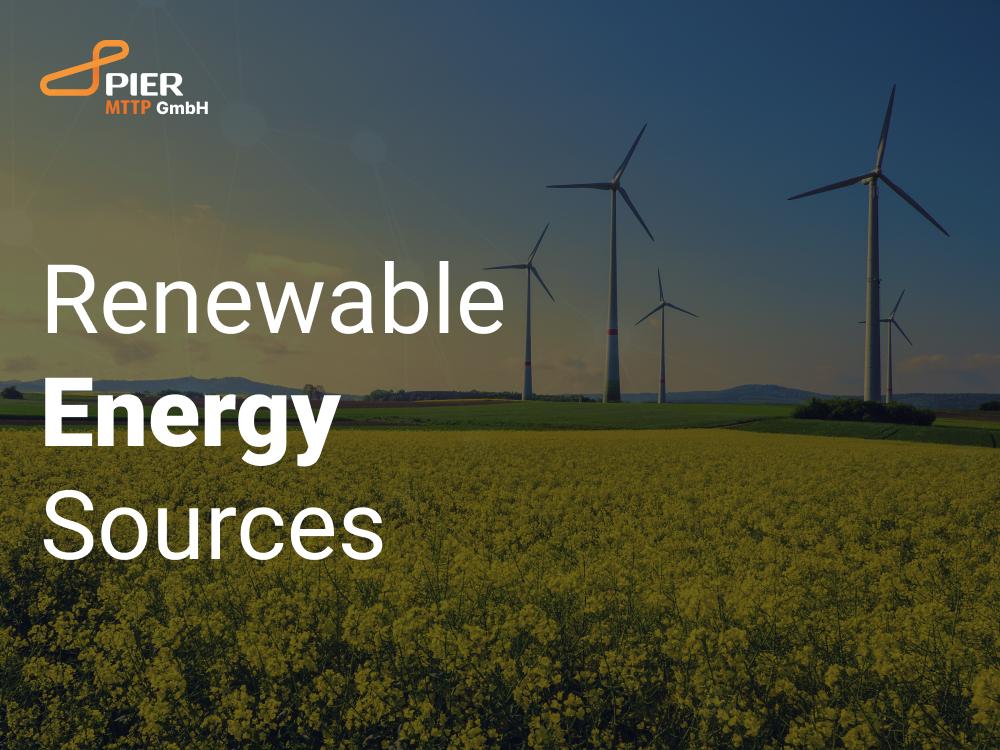What is Renewable Energy?

Renewable energy is energy from naturally replenishing and never-ending sources. Environmental issues and limited fossil fuel reserves have made us need more renewable energy. These resources are always present in nature, solar, wind, water, geothermal and hydropower. They reduce carbon emissions from burning fossil fuels and contribute to sustainable energy and energy diversity for the future.
Why We Need Renewable Energy Systems?
Renewable energy systems give us continuous energy supply and combat climate change. Unlike traditional energy sources, they have minimal environmental impact. They give energy savings, reduce our dependence on energy imports and lower our carbon footprint.
What Are Renewable Energy Sources?
Solar Energy
Energy from sunlight and heat generated from the fusion processes in the sun’s core where hydrogen turns into helium. Solar energy is harnessed through panels for electricity and heating systems. Long term energy cost savings and one of the greenest energy sources.
Wind Energy
Energy generated by converting the kinetic energy of atmospheric winds into electrical energy through wind turbines. High installation cost but no fuel cost and helps reduce carbon emissions.
Hydrogen Energy
As the most abundant element on Earth, hydrogen is a fuel, energy carrier and raw material for alternative fuels like ethanol. Green hydrogen produced from renewable energy is carbon neutral but production, storage and infrastructure is a challenge.
Geothermal Energy
Heat from beneath the Earth’s surface used to generate electricity, heating and cooling. Geothermal power plants reduce fossil fuel dependence but requires geological risk management as it can only be used in specific areas.
Hydropower: From the kinetic energy of rivers and waterfalls, hydropower is a cost effective and green solution for electricity generation.
Wave Energy
A renewable energy from the movement of waves in oceans and seas. Has significant potential as future alternative to fossil fuels.
Energy Storage and Smart Grids in Renewable Energy
Since renewable energy is intermittent, energy storage technologies like lithium-ion batteries, pumped hydro and thermal storage is critical in balancing supply and demand. Smart grids help in energy management by balancing consumption and production.
Why We Should Use Renewable Energy?
Renewable energy projects gives us both economic and environmental benefits. Using renewable sources like solar, wind and hydropower instead of fossil fuels reduces carbon emissions and combat global warming. These sources are infinite and from natural cycles so sustainable. They also improve air quality and public health and long term energy savings.
What is I-REC Certificate?
International Renewable Energy Certificate (I-REC) is a global certification system that verifies and documents renewable energy production, promoting transparency and reliability. It supports the development and financing of renewable energy projects and ensures energy transition.
Renewable Energy in Turkey
As of 2023, 42% of Turkey’s energy comes from renewable sources, hydropower, wind, solar and geothermal. Turkey aims to increase use of renewable energy to reduce fossil fuel dependence and environmental impact. Growing investment in renewable energy projects will open up the country’s potential in the coming years.
Renewable energy is the key to sustainable development, clean, economic and social solution for energy transition. As fossil fuels run out, renewable energy will be the only option for future energy.

Comments